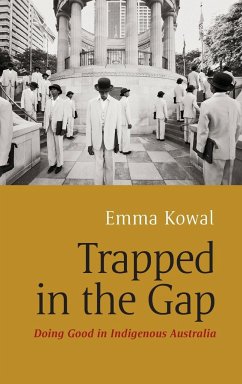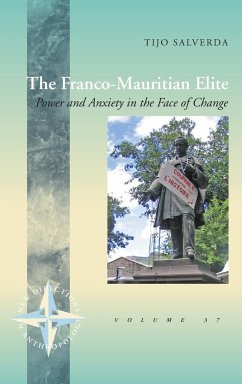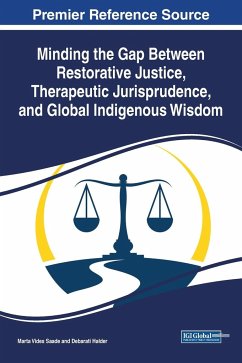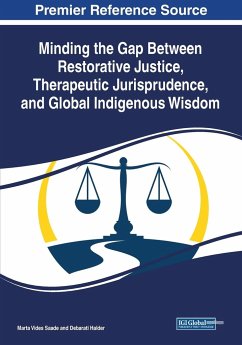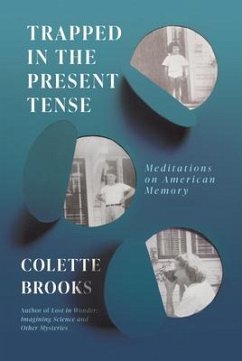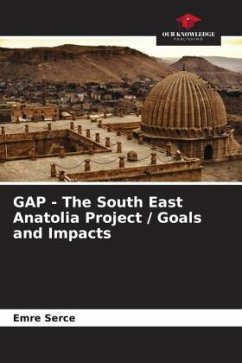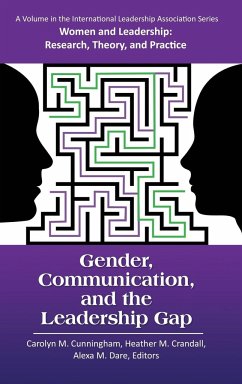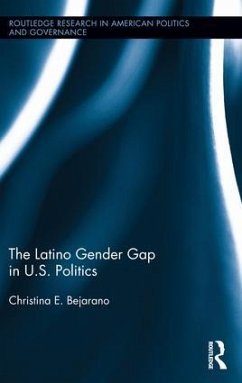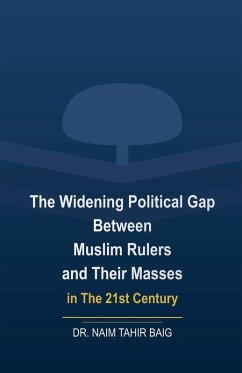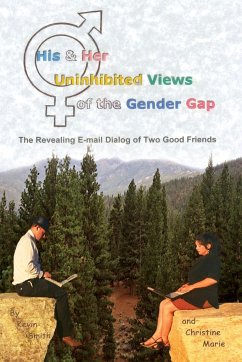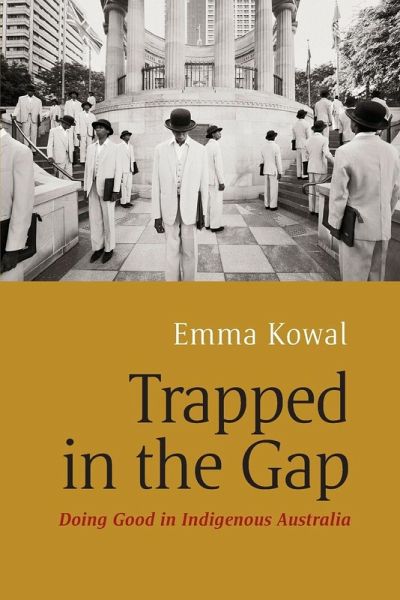
Trapped in the Gap
Doing Good in Indigenous Australia

PAYBACK Punkte
19 °P sammeln!
A forensic analysis of the dilemmas of well intentioned white development workers in Australia. Explores what happens when well-meaning people, supported by the state, find themselves trapped by endless ambiguities and contradictions - a microcosm of the broader dilemmas of postcolonial societies. Explains why doing good is so hard, and how it could be done differently.



